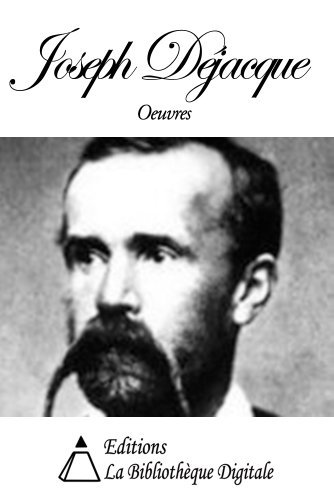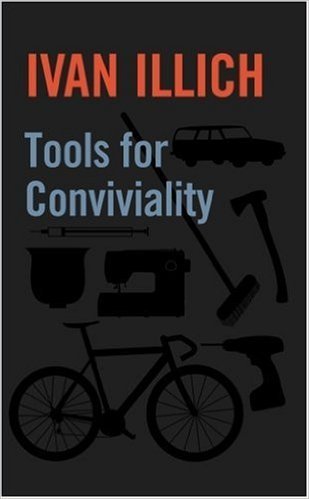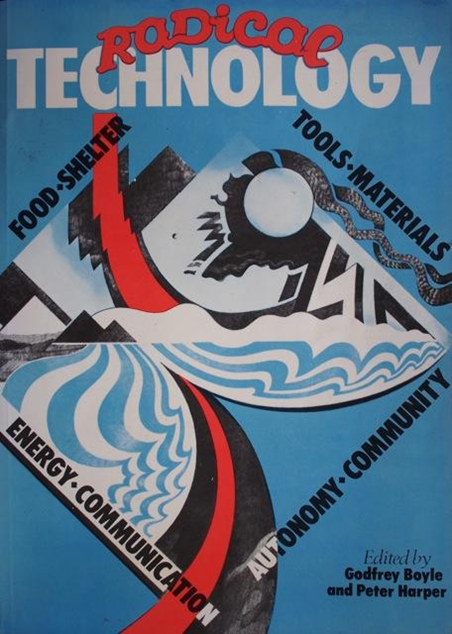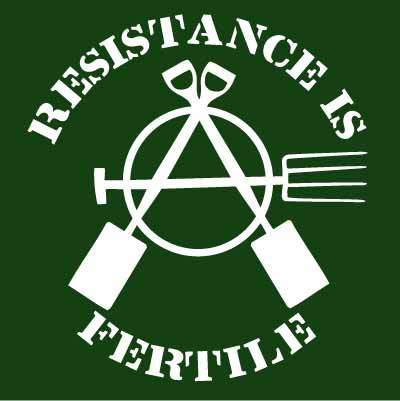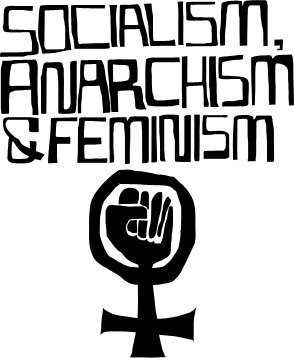Inspired by the recent online debate at Center for a Stateless Society (C4SS) on anarchy and democracy, I have been posting some material on anarchy and democracy, to complement earlier posts of material by Errico Malatesta, Luce Fabbri and Murray Bookchin. In 2004, I published an anarchist critique of Bookchin’s theory of “confederal democracy” under the title, “Reinventing Hierarchy: The Political Theory of Social Ecology” (Anarchist Studies, Vol. 12, No. 1). I thought now would be a good time to reproduce some excerpts.
DOMINATION AND DIRECT RELATIONSHIPS
The question which… arises is whether [the] face-to-face [non-mediated] political relationships [advocated by Murray Bookchin] are inherently libertarian and non-hierarchical. Certainly, there are many direct relationships that are neither libertarian nor non-hierarchical, for example master-slave and master-servant relationships, and patriarchal familial relationships. In Bookchin’s proposed community assemblies, it will still be possible for some members of the assembly to engage in domineering and manipulative behaviour. That the members of the assembly will know each other personally is no guarantee against that, as anyone involved in familial relationships can attest.
While manipulative and domineering behaviour may be incapable of elimination from social and political life, Bookchin would argue that the assembly remains non-hierarchical, with each member having equal voice and vote. However, policy decisions will ultimately be made by majority vote. If factions develop, as they invariably do, the very real possibility arises that some people will find themselves in the minority on many issues. Unable to marshal a majority in favour of their policy proposals, and against those of their political opponents, they will find their votes ineffective. This may in turn cause them to cease participating in the assembly or even to rebel against it, due to their lack of real decision-making power.
The majority may very well be placed in the position of having to enforce their decisions against a recalcitrant minority. The minority will have to decide whether to abide by the majority decision or face the consequences of disobedience. In either case, the majority will hold political authority over the minority. Whenever there is a lack of unanimity on a policy decision, or someone later decides the policy was mistaken, a hierarchical relationship will arise. That individual members of the assembly will sometimes be with the majority, sometimes not, does not change the fact that, with respect to the adoption and implementation of majority policy decisions, the majority on a particular issue will be in a position of authority over the minority on that issue. Hierarchical relationships will be created and recreated with every vote.
With respect to the so-called administrative functions to be performed by the various workplace and neighbourhood committees and councils, one of those functions will be the implementation of the majority decisions of the community assembly and, presumably, their enforcement, including the monitoring of compliance by community members with the policies adopted by the assembly. The various committees, councils, boards and tribunals will exercise authority over the individual members, associations and groups comprising the community.
The authority and power relationships between these administrative bodies and the individual members and groups in the community are a kind of hierarchical relationship, even if the alleged legitimacy of the authority and power exercised by these administrative bodies is based on policy-making functions being reserved to the community assembly. The fact remains that these administrative bodies will have the authority and the power to implement and enforce the policies adopted by the assembly, and the individual members and groups in the community will have an obligation to comply with these policies, and to abide by the administrative decisions of the administrative bodies delegated the responsibility of implementing and enforcing them.
POLICY-MAKING AND ADMINISTRATIVE ACTION
Whether administrative bodies can limit their functions to strictly administrative ones, without engaging in any policy-making, is open to question. If administrative bodies must engage, at least to some extent, in policy-making, then one of the central bases for the legitimacy of the authority of the community assembly, namely that all policies are made directly by the members of the community in assembly will be undermined.
John Clark has argued that it is impossible for community assemblies to formulate policies with sufficient specificity `that administrators would have no significant role in shaping policy’ (`Municipal Dreams’, p41). The idea is that in applying general policies to specific cases, administrative bodies are themselves engaging in policy-making by giving general policies specific content. This is similar to arguments that conventional courts, in interpreting and applying the law to specific cases, are in reality creating law, a function that is supposed to be reserved to the legislature.
Clark suggests that administrative power can be kept in check by popular juries and citizens’ committees randomly selected from among the members of the community (`Municipal Dreams’, p42). In contrast, Bookchin has proposed that administrative bodies be kept in check by the community assembly itself (TE; p216).
Even if Clark were right that administrative bodies must engage in policy making at some level, creating yet more administrative bodies to oversee them is not a particularly attractive solution. That will simply create yet another level of political authority with which individual citizens will have to deal. In addition these supervisory bodies will themselves presumably have to be overseen by the community assembly or some other, higher, level of government, in which case the assembly or yet another level of authority will still be faced with what Clark believes to be the impossibly complex task of overseeing all administrative activity (`Municipal Dreams’, p47). Bookchin’s proposal that administrative bodies be overseen directly by the community assembly is at least more democratic.
MEDIATION, HIERARCHY AND AUTHORITY
Both Clark’s and Bookchin’s schemes entail a hierarchical structure of authority. In implementing and enforcing the policies adopted by the assembly, the firsl level administrative bodies endorsed by Bookchin exercise authority over individual community members. In supervising the exercise of this authority, the popular juries and citizens’ committees proposed by Clark exercise authority over the first-level administrative bodies and, indirectly, over the individual community member. In both cases the highest authority, at least at the community level, remains the assembly of all community members based on majority vote.
If individual members of the community are also members of the governing authority, then how can it be said that there is a hierarchy of authority? Bookchin goes so far as to say that `the self that finds expression in the assembly and community is literally, the assembly and community that has found self-expression – a complete congruence of form and content’ (PSA, p 167, fn.). Yet this would only be the case if the assembly always spoke in one voice. However, when decisions are made by majority vote, this often may not be the case. The minority on an issue will be subject to the authority of the majority and to the derivative authority of the administrative and supervisory bodies charged with implementing, interpreting, applying and enforcing the policies adopted by the assembly by majority vote.
POLITICAL POWER AND MAJORITY RULE
The question that naturally arises is whether or not any properly political relationship can be non-hierarchical. It may be that Bakunin was right when he wrote, `whoever talks of political power talks of domination’ (The Anarchist Reader, p109). How is it possible to create political relationships that are truly non-hierarchical? Can there be such a thing as non-hierarchical political authority?
These are questions to which Bookchin has never provided satisfactory answers. To critics of majoritarian direct democracy, Bookchin has responded that the majority `could hardly “dictate” to anyone. The minority would have every opportunity to dissent, to work to reverse that decision through unimpaired discussion and advocacy’ (AMFL, p147). This response ignores the fact that unless and until the minority is able to reverse the decision (thereby creating yet another dissenting minority, unless unanimous agreement is reached), it remains subject to the decision, and the authority, of the majority.
The feminist political theorist, Carole Pateman, has proposed a model of direct, participatory democracy that is non-hierarchical and anti-authoritarian. To give substantive recognition to the freedom and equality of all citizens, Pateman argues, one must give practical recognition to `the right of minorities to refuse or withdraw consent, or where necessary, to disobey’ majority decisions (PPO, p162). Political relationships remain non-hierarchical, because the majority does not exercise institutional power over the minority. The minority is free to decide `whether or not they ought to consent to, or comply with’, majority decisions (PPO, p137). Direct democracy conceived in these terms is compatible with a social ecological and anarchist conception of non-dominating, non-hierarchical community.
Bookchin does not consider this alternative, but appears to believe that the only real alternative to majority rule is decision-making based on consensus, or unanimous agreement. The important difference between consensus-based decision-making and the kind of direct democracy advocated by Pateman, is that only in the former can a `minority of one’ prevent the rest of the community from adopting a policy or deciding on some collective action (Bookchin, AMFL, p147). This does give the dissenters their own kind of de facto authority over the majority because their refusal to consent to a proposal governs the outcome of the decision making process. However, under Pateman’s proposal, the majority can adopt policy and act on it despite minority dissent, although they may decide not to in the face of such dissent. What the majority cannot do is force the minority to obey its decisions, which is different from a minority being able to force the majority act in accordance with its wishes. This kind of political `authority’ does not legitimize the exercise of `power over others’ but rather gives `citizens collective power to, or the ability to, act for themselves’ (PPO, p136).
Bookchin himself proposed a kind of non-dominating authority as a means of undermining the authority of existing, statist political institutions in The Rise of Urbanization and the Decline of Citizenship (RUDC). Neighbourhood assemblies are to elect mandated, recallable delegates to municipal and state councils assembly delegates, creating a parallel moral authority to oversee and influence the legal, civic and state governments (pp271-273). Although these municipal statewide councils of neighbourhood assembly delegates would not exercise and official political power, they would `function as the popular voice of the citizenry articulated into communities rather than anonymous voters’ (p273). Through this process, `governance by legislative command, with its panoply of penalties an coercion, would begin to yield to governance by moral suasion, with its evocation of public responsibility and individual probity’ (p274).
If councils of neighbourhood assembly delegates can, through moral suasion, influence the exercise of political power by existing institutions, then one would think they would be able to exert an even more powerful influence over the individual members of the community for whom the councils would be providing a voice, without resorting to the `panoply of penalties and coercion’ upon which existing political institutions and governments depend. If majority rule is ultimately upheld by the use of coercive sanctions, the focus of political activity will be on mobilizing majority support instead of achieving mutual understanding, cooperation and agreement by rational persuasion. Bookchin’s `vision of community life as an ethical compact’ will be seriously, if not fatally, undermined if the community assembly must ultimately resort to coercive measures in order to maintain its authority (RUDC, p274)…
Robert Graham (2004)









